The Ainu are an ethnic group native to northern Japan and Russia’s Kuril and Sakhalin islands. They are believed to have arrived from Siberia around 10,000 BC. The Ainu initially populated Japan’s southern islands as well, but were pushed back north by the Japanese, who despised them and called them Ebisu or “savages.”
The Ainu retreated north to Hokkaido, and later to Kuril and Sakhalin. During the Meiji period the Japanese increased their control over Hokkaido. Many Ainu traditions, such as female tattooing, were outlawed. Intermarriage between Japanese and Ainu increased, and the Ainu cultural identity began to weaken. Today around 24,000 Ainu survive. Their language, spoken only by the elderly, is almost extinct.
The Japanese government only began to protect Ainu culture in the 1980s, financing museums and language studies. The Ainu pass down their myths orally in epic poems called “oina.” According to the Ainu, in the beginning of time all that existed were the heavens, populated by gods, demons, and animals. Pase Kamui, a venerable and ancient Supreme Being, oversaw everything from a majestic, metal-walled palace.
Gods and animals lived beneath him, in the clouds and stars, while demons lived in the lowest reaches of the heavens. One day, Pase Kamui created a new world, made only of water. This world rested on the back of an enormous trout, which created the tides with its mouth and tsunamis by moving its body.
But Pase Kamui was not satisfied with this watery world. He sent a small bird – a yellow wagtail – to create islands. The bird gathered sand in its claws and patted it down with its tail, creating the earth. The animals were impressed by the beauty and harmony of earth, and asked Pase for permission to live there. The Supreme Being agreed, then created a new people: the Ainu, or “men.” Their flesh was made of soil, their hair of grass, and their backbones of willow branches. The new world took the name Ainu Moshir, meaning “the earth of men.”
Pase Kamui completed his work by sending the demigod Okikurumi to teach men to make fire, hunt and fish. The Ainu see evidence of the divine in every part of their world. Animals are considered sacred beings that are only passing through our world, and must be treated with the utmost respect.
The Ainu believe the world is a balance between the worldly and the otherworldly, and men must not disturb the equilibrium.
For this reason, the Ainu do not consider themselves masters of nature and have no urge to explore or transform it.
The Ainu retreated north to Hokkaido, and later to Kuril and Sakhalin. During the Meiji period the Japanese increased their control over Hokkaido. Many Ainu traditions, such as female tattooing, were outlawed. Intermarriage between Japanese and Ainu increased, and the Ainu cultural identity began to weaken. Today around 24,000 Ainu survive. Their language, spoken only by the elderly, is almost extinct.
The Japanese government only began to protect Ainu culture in the 1980s, financing museums and language studies. The Ainu pass down their myths orally in epic poems called “oina.” According to the Ainu, in the beginning of time all that existed were the heavens, populated by gods, demons, and animals. Pase Kamui, a venerable and ancient Supreme Being, oversaw everything from a majestic, metal-walled palace.
Gods and animals lived beneath him, in the clouds and stars, while demons lived in the lowest reaches of the heavens. One day, Pase Kamui created a new world, made only of water. This world rested on the back of an enormous trout, which created the tides with its mouth and tsunamis by moving its body.
But Pase Kamui was not satisfied with this watery world. He sent a small bird – a yellow wagtail – to create islands. The bird gathered sand in its claws and patted it down with its tail, creating the earth. The animals were impressed by the beauty and harmony of earth, and asked Pase for permission to live there. The Supreme Being agreed, then created a new people: the Ainu, or “men.” Their flesh was made of soil, their hair of grass, and their backbones of willow branches. The new world took the name Ainu Moshir, meaning “the earth of men.”
Pase Kamui completed his work by sending the demigod Okikurumi to teach men to make fire, hunt and fish. The Ainu see evidence of the divine in every part of their world. Animals are considered sacred beings that are only passing through our world, and must be treated with the utmost respect.
The Ainu believe the world is a balance between the worldly and the otherworldly, and men must not disturb the equilibrium.
For this reason, the Ainu do not consider themselves masters of nature and have no urge to explore or transform it.
RELATED


ROCK
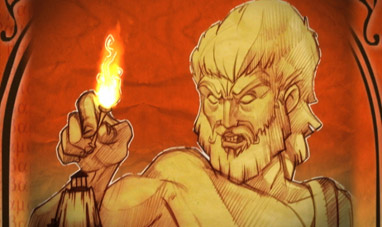

PROMETHEUS
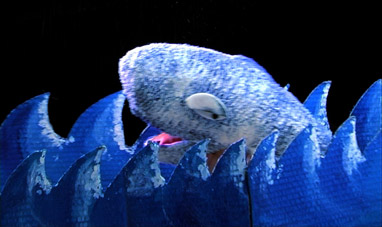

MOBY-DICK
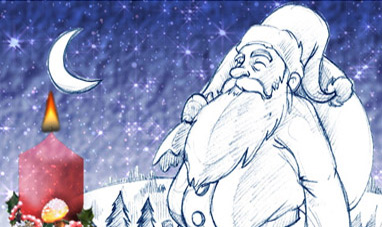

SANTA CLAUS
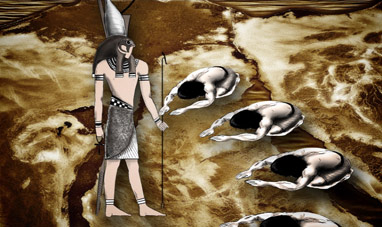

EGYPTIAN MYTHOLOGY
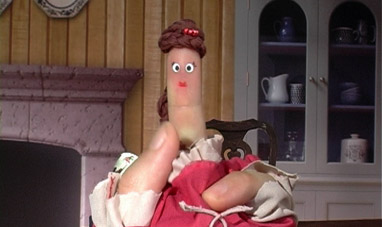

MINE HOSTESS
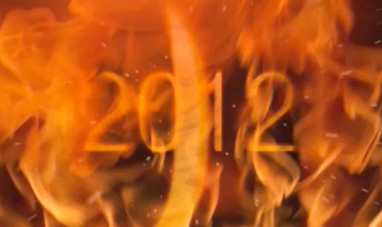

MAYAN HOROSCOPE, THE
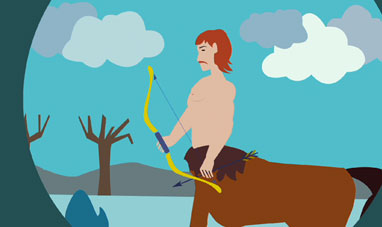

SAGITTARIUS
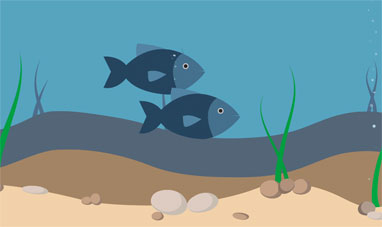

PISCES
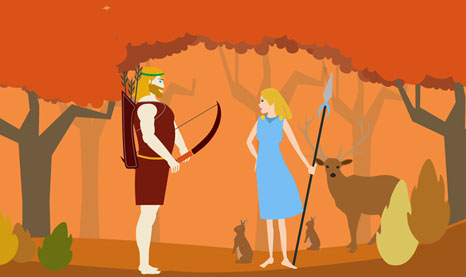

SCORPIO
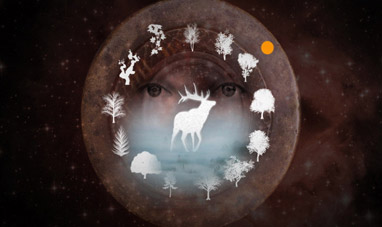

THE CELTIC HOROSCOPE
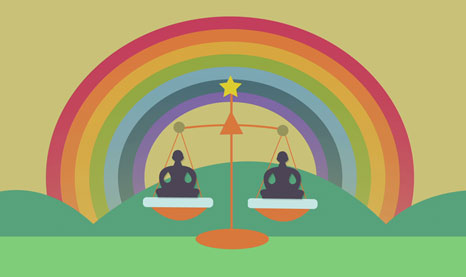

LIBRA
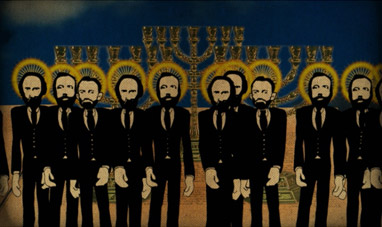

MORMONS
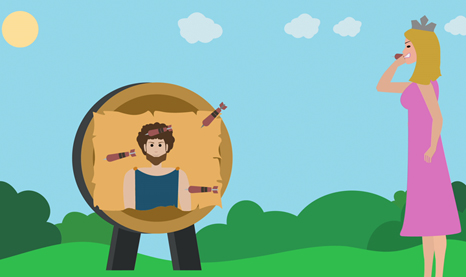

CANCER
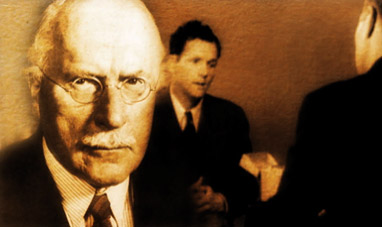

CARL GUSTAV JUNG
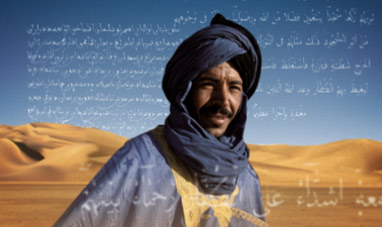

BERBERS


POP
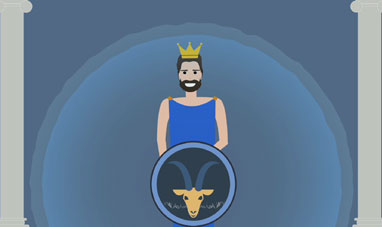

CAPRICORN
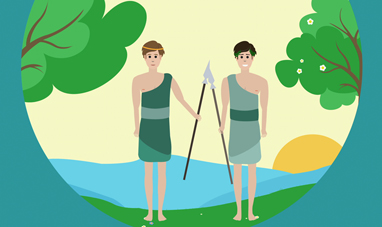

GEMINI
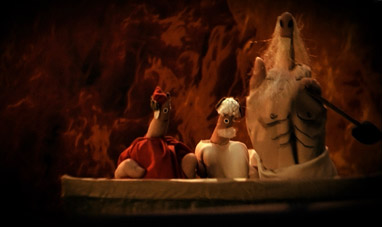

DIVINE COMEDY, INFERNO
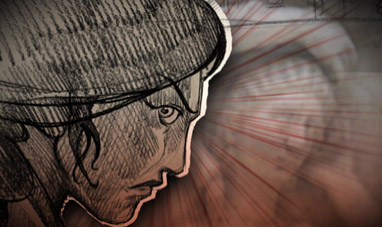

MEDEA
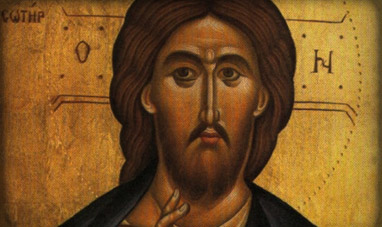

EASTERN ORTHODOX CHRISTIANITY
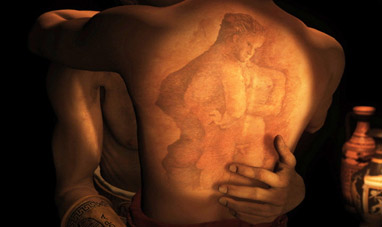

HOMOSEXUALITY IN THE ANCIENT WORLD
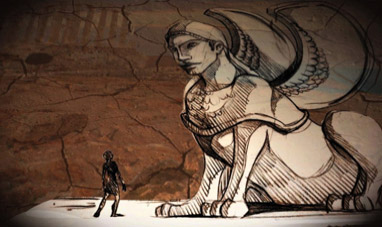

OEDIPUS


HIP HOP
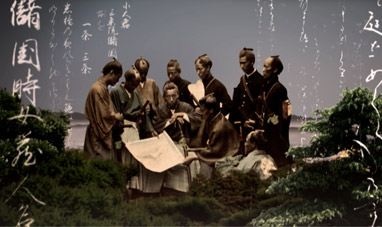

JAPANESE TRADITIONS
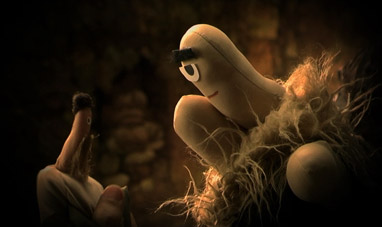

THE ODYSSEY
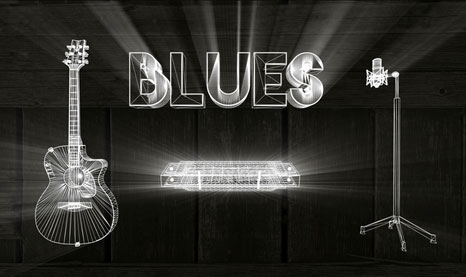

BLUES
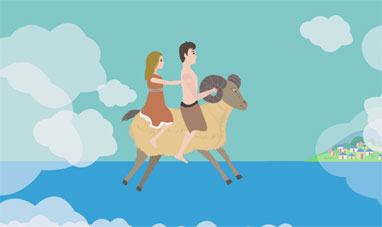

ARIES
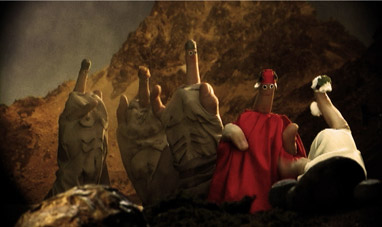

DIVINE COMEDY, PURGATORY
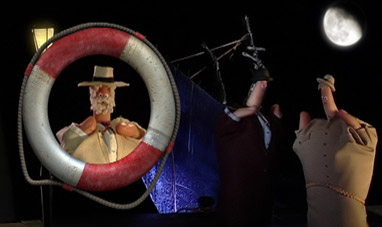

HEART OF DARKNESS
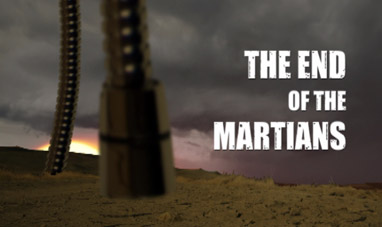

THE WAR OF THE WORLDS
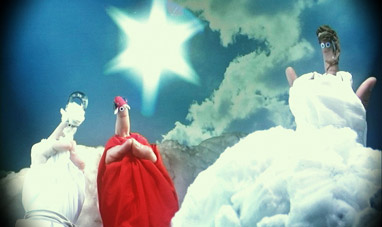

DIVINE COMEDY, PARADISE
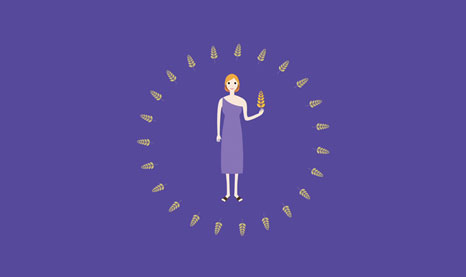

VIRGO
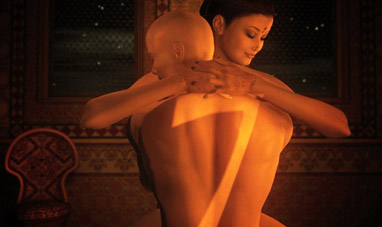

SEX IN THE KAMASUTRA
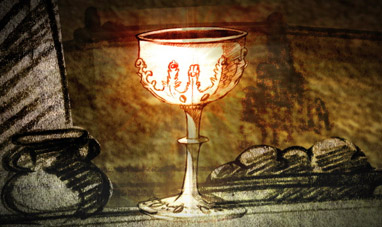

HOLY GRAIL, THE
